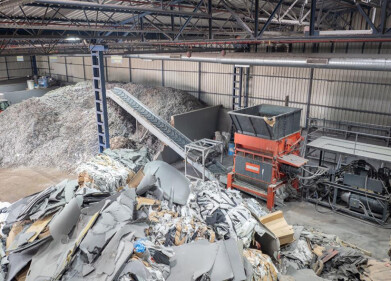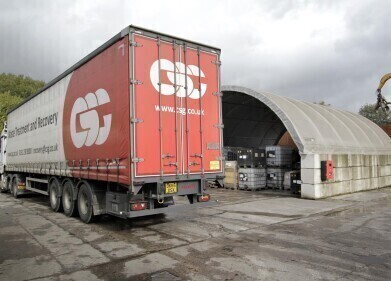Hazardous waste
Do We Really Need Plastic?
Jun 24 2015
It’s unbelievable how much we deal with plastic on a daily basis. The computer screen, mobile phone or tablet you’re reading this article on is almost definitely comprised of a majority of plastic components. If you wear glasses, their rims will be plastic. Every time you sit down, or use transportation, or eat anything, you will be interacting with plastic.
Despite the widespread use of this typically petroleum-based substance, and of the facility of recycling the substance for use in other spheres, statistics show that a depressingly-low fraction of all of the plastic we produce is ever recycled. In 2011, panellists at an event in Washington, USA, claimed that a mere 5% of the 135 billion kilos of plastic that we produce on an annual basis is recycled. This pitifully low figure means that the vast majority of plastic we create (and have ever created) is still in existence in our atmosphere today.
A Life without Plastic
There are a number of systems in place to try and reduce the amount of plastic we each individually consume. Many supermarkets are charging for plastic bags – formerly a free giveaway – in an attempt to encourage shoppers to use re-usable fabric containers, or simple recycle their own plastic bags. Indeed, the EU recently announced plans to introduce a new directive curbing the use of plastic bags in its member states.
Similarly, many staple foods, such as corn, rice, oats and the suchlike can now be dispensed into customers’ own containers and priced according to weight in order to cut down on unnecessary packaging.
While these measures may help, our reliance on plastic should not be underestimated or taken lightly. It’s undeniable that plastic plays a major role in modern society, and short of a radical change in how we live (which is very unlikely), we should perhaps think about a green alternative to petroleum-based plastic, rather than doing away with the substance altogether.
Alternatives to Petrol
Bioplastics, or plastics made from biodegradable, renewable materials, are in the ascendency. There are a number of different materials which can serve as the platform for plastic manufacture, such as corn, soy, cellulose and sugar cane. The widespread availability of sugar cane in particular, especially in parts of the world like Brazil, may make a switch to sugar-based plastics a viable option there.
However, that’s only one localised solution to a global problem. Rather than attempting to find a cure-all answer to a problem that is diverse and distinct in each varying region of the world, we should attempt to cultivate various solutions.
Fortunately, it appears some of the more energy-conscious companies out there are waking up to this fact. In Denmark, for example, a leading energy company BioGasol ApS recently announced the first ever sale of its Carbofrac reactor to an American company based in New York. The reactor will help to convert agricultural waste produce into green energy sources, such as biogas, bioethanol and bioplastics.
While the road ahead may be a tough one, at least we as a species are recognising the effect that our wanton and reckless ways have on the environment and are attempting to curb it. The first steps towards environmental redemption may be the hardest, but it appears as though we are finally trying to take them.
Events
Mar 18 2025 Expo Santa Fe, Mexico
Mar 18 2025 Moscow, Russia
Mar 19 2025 Manila, Philippines
Mar 20 2025 Guangzhou, China
Mar 24 2025 National Harbour, MD, USA














